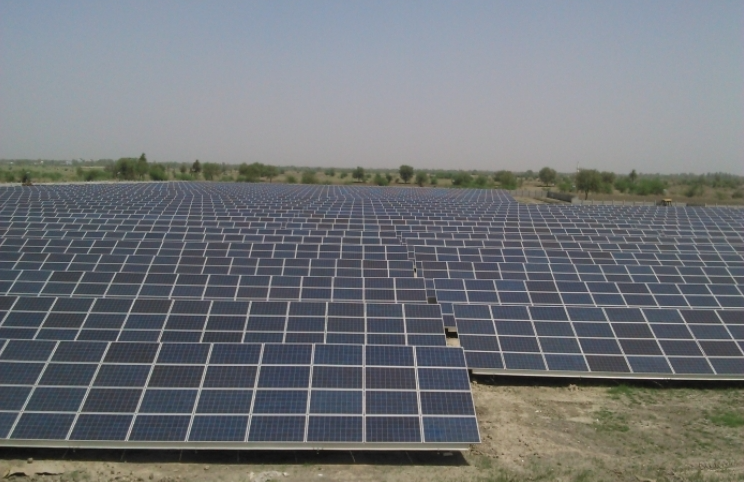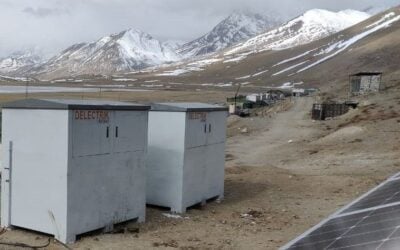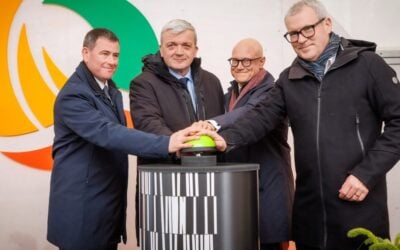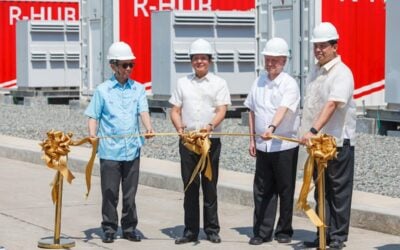
The Solar Energy Corporation of India (SECI) is seeking proposals for non-battery energy storage projects to supplement renewable energy generation, and will cover up to 100% of project costs.
The state-owned solar firm said that while electrochemical battery energy storage systems (BESS) have been invaluable assets in integrating intermittent renewable energy resources until now, new technologies are needed.
“However, other options in the energy storage need to be explored so that their capabilities are assessed for indigenous technology development,” it said in a document announcing the call.
SECI said it is inviting projects that use gravity-based, green hydrogen and any other non-electrochemical energy storage technologies that are “in line with the spirit of this call”.
Try Premium for just $1
- Full premium access for the first month at only $1
- Converts to an annual rate after 30 days unless cancelled
- Cancel anytime during the trial period
Premium Benefits
- Expert industry analysis and interviews
- Digital access to PV Tech Power journal
- Exclusive event discounts
Or get the full Premium subscription right away
Or continue reading this article for free
This presumably excludes anything that would be considered a battery technology, be it lithium-ion, flow batteries, zinc or other metal-based systems. Other non-electrochemical energy storage technologies include heat-based systems and compressed air energy storage (CAES).
The ultimate objective of the call for proposals is to encourage innovation in the energy storage R&D space in India, rooftop solar, data analytics along with new renewable energy concepts, and to facilitate pilot projects with a view to future large-scale implementation of the technologies.
Applicants can submit proposals totalling up to 500kWh of energy storage capacity along with a solar power generation system. The project scope includes design, engineering, installation, commissioning and testing of the project, though SECI will identify sites and be responsible for the projects.
The project execution period will be one to two years from the date it is sanctioned. SECI will cover up to 100% of the project’s cost, with 10% provided after design submission, 65% once equipment has been supplied and the remaining 25% once installation, commissioning and testing have been completed.
Energy-Storage.news’ publisher Solar Media will host the 1st Energy Storage Summit Asia, 11-12 July 2023 in Singapore. The event will help give clarity on this nascent, yet quickly growing market, bringing together a community of credible independent generators, policymakers, banks, funds, off-takers and technology providers. For more information, go to the website.





